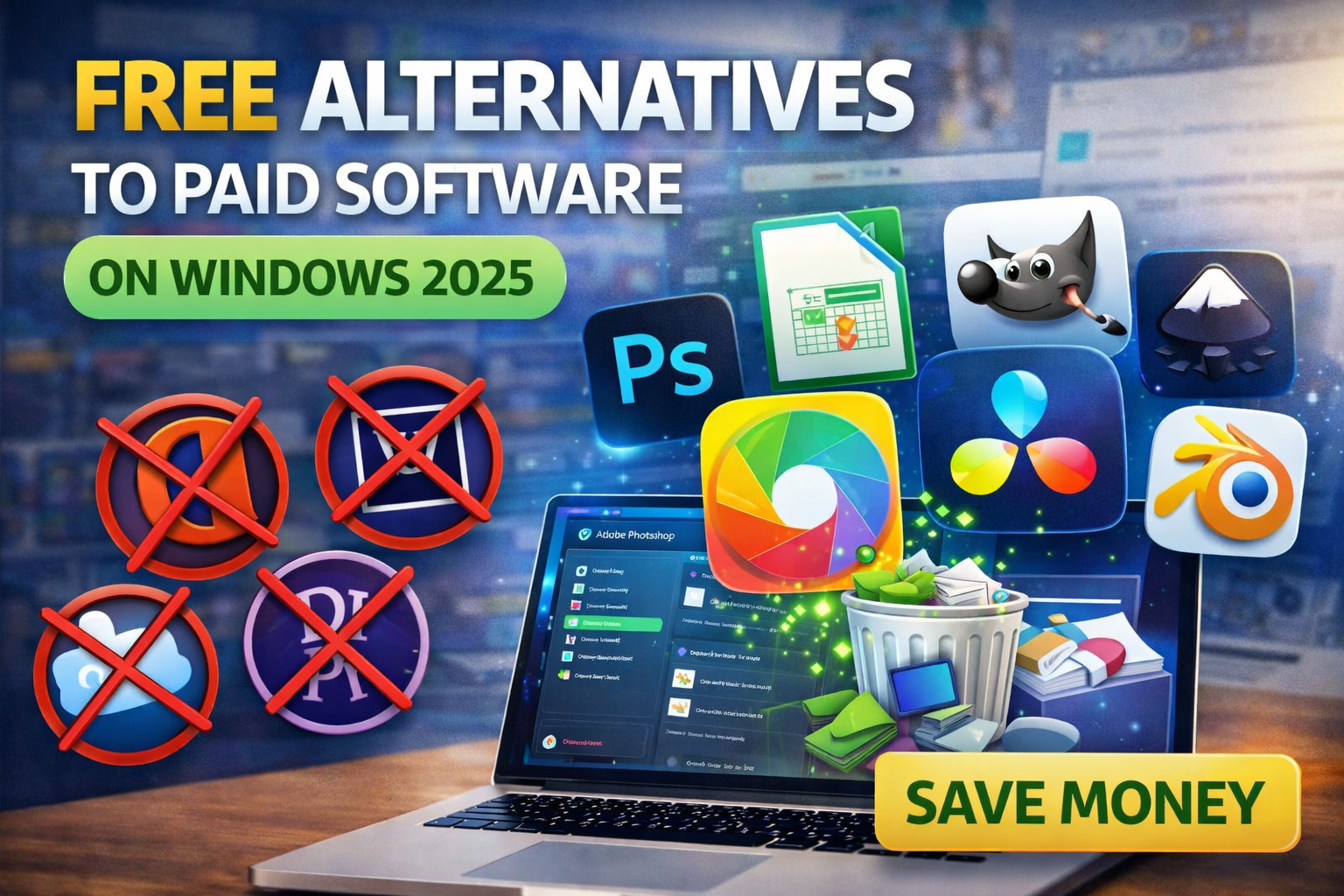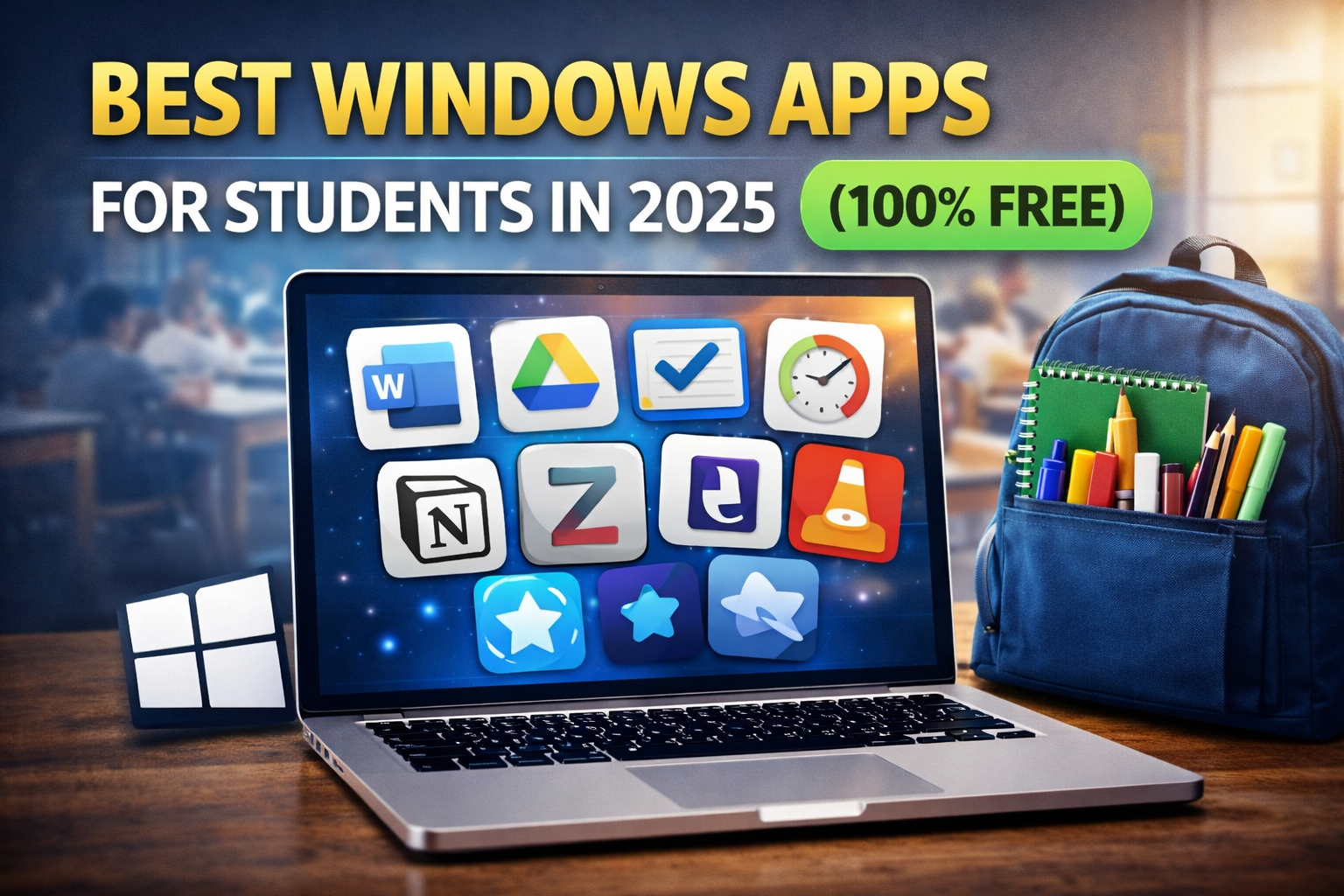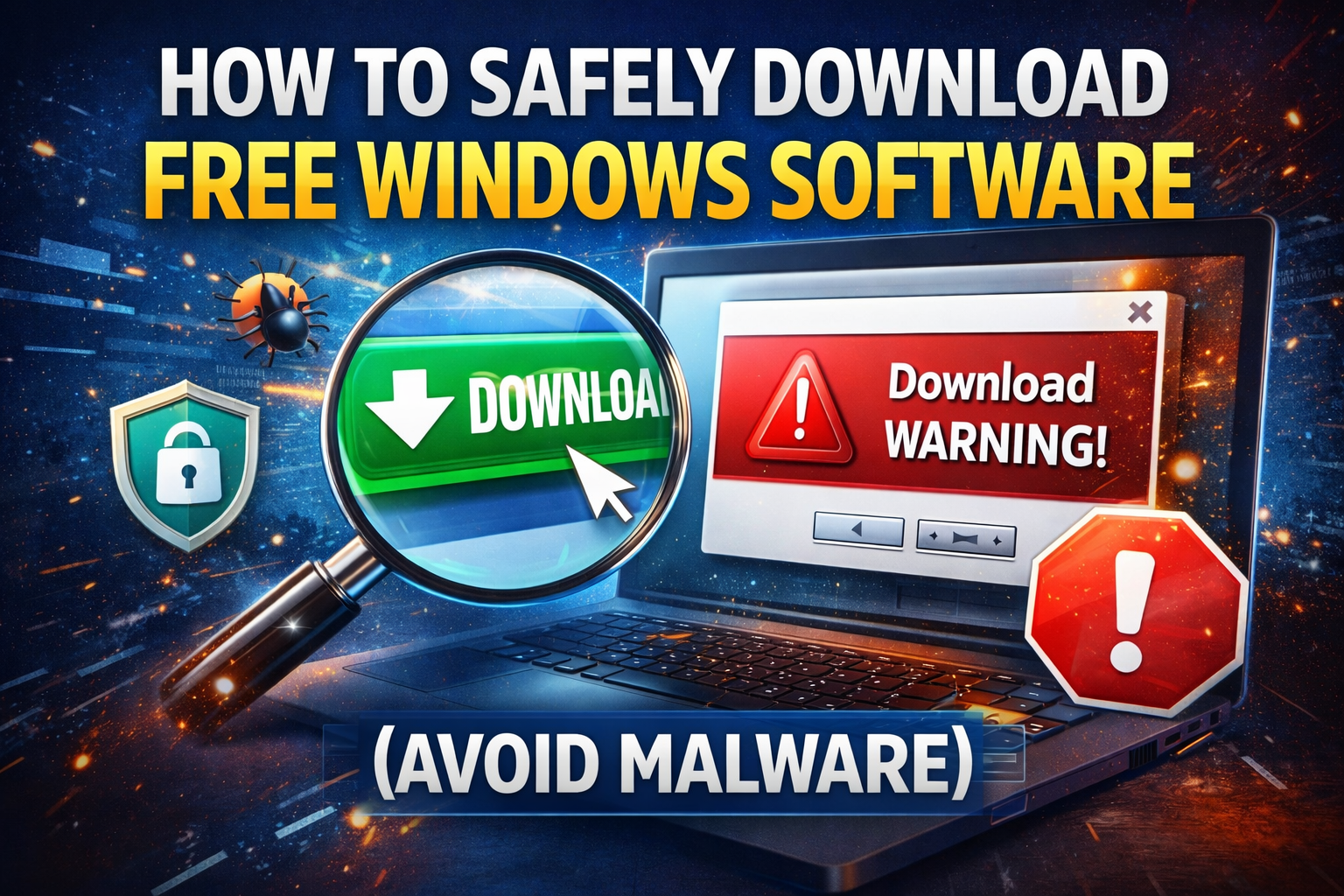

Additional Information
Best way to organize and enjoy the music, movies, and TV shows
| Latest Version | iTunes 12.12.8.2 (32-bit) |
| Requirements |
Windows 10 (32-bit) |
| Updated | June 25, 2023 |
| Author | Apple Inc |
| Category | MP3 and Audio |
| License | Freeware |
| Language | English |
| Download | 413 |
Overview
Highlights
Your personal music playground
This program is the place to enjoy and expand your love of music. It’s where you listen to the tracks, artists, and albums you already own. It’s also where you explore genres you never knew you’d love, and buy new songs to build a personal music library filled with endless listening experiences. The iTunes Store has over 43 million songs. And it’s all just a tap away.
iTunes Radio - Hear where your music takes you
iTunes Radio has streaming stations you’ll love from day one — like DJ-curated and genre-specific radio stations. And the radio includes First Plays, so you can listen to selected full albums before buying them. Create stations that evolve based on the music you play and download. And hear them all on your iPhone, iPad, iPod touch, Mac, PC, and Apple TV. For free.
The movie and TV collection you always wished for. Granted.
With over 85,000 movies and more than 300,000 TV shows to choose from, there’s always something great to watch on the program. Catch up on your favorite TV episodes or hit movies you’ve been meaning to see — anytime, anywhere. Just tap to play, or even download if you’re going somewhere you won’t have Wi-Fi.
iTunes offered a range of features and functionalities for organizing and accessing media content. Here's an overview of its key features for PC:
Media Management: It allowed users to import and organize their music, movies, TV shows, podcasts, and other media files. It provided a library where users could view and categorize their content, create playlists, and add metadata like album art, artist information, and song lyrics.
Syncing and Device Management: It was widely used for syncing media files with Apple devices, such as iPhones, iPads, and iPods. Users could connect their devices to the PC and transfer music, videos, and other media content between the computer and their devices. It also facilitated device backup, software updates, and restoring data from backups.
iTunes Store: The application included access to the iTunes Store, Apple's digital marketplace for purchasing music, movies, TV shows, audiobooks, and apps. Users could browse and buy content directly from the store and download it to their iTunes library.
Internet Radio: It offered a built-in radio feature called iTunes Radio (later replaced by Apple Music). Users could listen to a variety of free streaming radio stations based on different genres, create custom stations, and discover new music.
Podcasts: It provided a dedicated section for managing and subscribing to podcasts. Users could browse through various podcasts, subscribe to their favorites, and automatically download new episodes.
File Format Conversion: It supported converting audio files to different formats, including MP3, AAC, and others. This feature was useful for users who wanted to convert their media files to a compatible format for specific devices or applications.
The Interface
Despite rearranging certain interface elements within its window, iTunes manages to maintain a familiar look. The button that used to switch between Store and Library mode is no longer present, and content types are now accessible through permanent buttons rather than a dropdown menu. Convenient browser-like back and forward arrows allow easy navigation between visited pages.
Switching to the mini-player has become easier than ever. Hovering the mouse over the album art thumbnail reveals a small icon depicting a double box, which gives you the smaller, square CD Cover view. Clicking on a squeeze icon further reduces it to a bar. However, it's worth noting that the X button in the smaller sizes takes you back to the full window instead of closing the program.
The User Icon button and Wish List button have been removed from the main window. The primary entry points to app features are now the standard menu, the left-rail content selector (music, movies, TV, etc.), and prominent top-center buttons for Library, For You, Browse, Radio, and Store.
Most of these changes aim to simplify the interface of previous iTunes versions. For instance, you no longer need to switch between Library and Store modes; you can buy new content directly from search results or by clicking the large Store link anytime.
Speaking of search, it now encompasses both your own library content and items available in the store. Additionally, it shows you trending searches, giving you a glimpse of what's currently popular. Album view still presents a panel below the album art when you click on a cover, but now the panel is displayed in grayscale instead of matching the album cover's colors. From this view, you can click the ... button to add songs to a playlist, express your preference (love or dislike), or share it via email or link.
When it comes to creating playlists, you have three options: New Playlist, New Smart Playlist, or New Playlist Folder. Once you create a new playlist, it appears in the left panel, allowing you to drag items from any other view and add them to the playlist.
System Requirements
- Operating System: Windows 10 or later
- Processor: 1 GHz Intel or AMD processor
- RAM: 2 GB or more
- Hard Disk Space: 400 MB of available disk space
- Screen Resolution: 1024x768 or higher
- Internet Connection: Broadband internet connection for accessing the iTunes Store and Apple Music
It's worth noting that these are the recommended specifications, and iTunes may still run on lower-end systems but with potential performance limitations. Additionally, some features like HD video playback or running multiple applications simultaneously may require more powerful hardware.
Alternatives
Best Alternatives to iTunes on File Transfer is WALTR PRO and MobileTrans.
Best iTunes Replacements for Playing and Streaming Music is Spotify, Amazon Music, and Foobar2000.
Best iTunes Alternatives for iPhone Backup is AnyTrans and iCareFone.
Netflix, Amazon Prime, and Disney+ are the top recommended alternatives to iTunes for streaming movies and TV shows.
ADVANTAGES vs DISADVANTAGES
The media player boasts a sleek design and stands out with its vast catalog of music and video content. Users can enjoy the convenience of a music subscription service and explore a diverse range of genres through its internet radio feature. The player also offers an excellent Mini Player interface for easy navigation.
Additionally, its integration with iCloud adds a seamless experience. However, some drawbacks include the large disk-space requirements, which may pose challenges for users with limited storage capacity. Moreover, the authorization limit could be a hindrance for individuals who own multiple devices.
Conclusion
All in all, iTunes for PC offers a compelling package for music and video enthusiasts. With its sleek design and extensive catalog, it provides users with access to a wide range of entertainment options. The music subscription service and internet radio feature further enhance the experience by offering a diverse selection of content.
The Mini Player interface ensures convenient navigation, and the integration with iCloud adds seamless functionality. However, it's important to consider the potential drawbacks, such as the significant disk-space requirements and limitations on device authorization, particularly for users with multiple devices. Overall, iTunes for PC remains a popular choice for media consumption, albeit with some considerations.
Note: Requires QuickTime.










No comments yet. Be the first to comment!